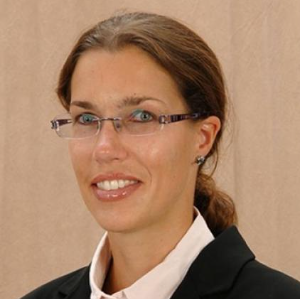Title : The effect of Medication Assisted Treatment (MAT) for Opioid Use Disorder (OUD) in incarcerated populations
Abstract:
The opioid epidemic continues to be a major concern in the U.S. There were an estimated 93,331 drug overdose deaths in the United States during 2020, an increase of 29.4% from the 72,151 deaths in 2019. At highest risk of overdose are populations that are incarcerated or recently released from incarceration. The risk of overdose death in the first 2 weeks post incarceration is increased 129-fold compared to the general population.
One-quarter to one-third of all heroin users in the U.S. are incarcerated at least once within a year, as substance use and in particular opioid use disorder is highly associated with illicit activities. Estimates indicate that 80% of all arrests are related to drug or alcohol use and associated lifestyles. The length of heroin use has been shown to increase the likelihood of incarceration. Each additional year of opioid use increases the risk of incarceration by 11%. The risk increases even further among ethnic minorities.
Medication assisted treatment (MAT) options for opioid use disorder (OUD) are available and well researched. Several studies have shown their efficacy in reduction of opioid use and injecting behavior, as well as providing social/health benefits and safety. The first state to incorporate MAT in correctional facilities was Rhode Island in 2016. However, throughout the U.S., MAT for OUD in correctional facilities remains widely underutilized.
To reduce the rate of overdose deaths from opioids, correctional facilities and the ongoing treatment in those settings should become a higher focus of concern. Providing MAT for OUD in correctional settings can reduce the mortality rate, avoid re- incarceration, and improve psycho-social functioning.
Withholding life-saving medications from incarcerated populations also raised ethical concerns as it was pronounced unethical by the National Academies of Science.?
What will the audience learn from this presentation?
- Learn about available medication treatment options for opioid use disorder (OUD).
- Hear about the current situation of treatment of OUD in correctional facilities.
- Learn about Legal regulations and barriers in the treatment of OUD in correctional facilities
- Discuss ideas to improve current situation.




